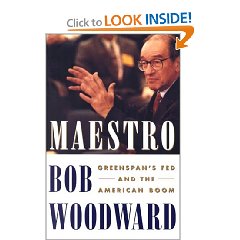Three aspects of this book stood out for me:
1) The glorification of secrecy as an end in itself, justifying almost any position–in substituting secrecy for morality the Swiss have aided and abetted war crimes, not just by the Nazis, but by many other evil people and organizations.
2) The lesser known aspect of Swiss misbehavior in rejecting hundreds of thousands of refugees, condemning them to certain death, while also bank-rolling and arming Hitler, essentially rescuing Germany from certain defeat in the early days, while prolonging the war toward the end.
3) The fact that today Switzerland continues to be the financial haven of choice for dictators and genocidal war-mongers of all sorts.
I happen to like Switzerland and admire the Swiss, but this book is a good spanking and it will be a test of their character as well as their “situational awareness” to see if in the aftermath of 9-11 they recognize the possibility that some forms of money should not be laundered, some forms of client should not be served–as one famous plastic surgeon once said, “you make your money on the ones you do, you make your reputation on the ones you do not.”









